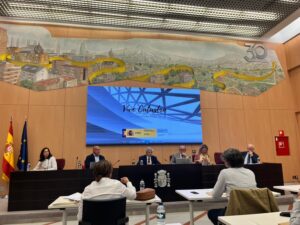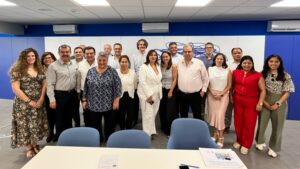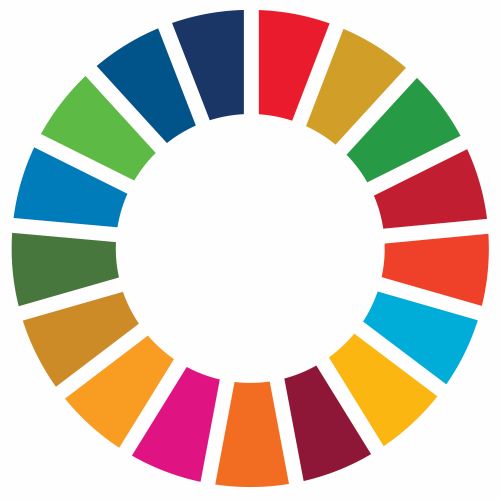
02/06/2025
The Mexican delegation held meetings with the Tax Agency, the Institute of Fiscal Studies, Madrid City Council and two regional institutions to strengthen the efficiency, transparency and innovation of public finances.
The delegation of 13 Mexican State Finance Secretaries and representatives of the Ministry of Finance and Public Credit participated in this visit in the framework of the EU4Equity project, an initiative funded by the European Union and implemented by FIAP (Spanish Cooperation) and Expertise France, in support of the State Finance Model for Social Cohesion (MHECS).
Within this framework, the visit allowed the Mexican specialists to meet with the Institute for Fiscal Studies, the State Tax Administration Agency, the General Secretariat for Regional and Local Financing, as well as with the Madrid City Council, the Ministry of Finance, Public Administrations and Digital Transformation of the Autonomous Community of Castilla-La Mancha; and the Ministry of Economy, Finance and European Funds of the Autonomous Community of Andalusia.

‘This visit represents a very valuable opportunity to enrich the technical capacities of the Mexican states. By learning first-hand about Spain’s experience in fiscal management, we are moving towards a more efficient and transparent public administration that is geared towards closing social gaps,’ said Felipe Peña, director of the EU4Equity programme supporting MHECS at FIAP.
Through these meetings, held in Madrid, Toledo and Seville, the delegation was able to learn first-hand about the policies, regulations, processes and technological tools that Spain uses to optimise the administration of public resources. Specifically, the specialists have addressed key issues such as the distribution of fiscal competences between the different levels of government, financial coordination between public entities and the digitalisation of tax administration. They also learned about the simplification of administrative language and the advancement of the use of AI, strategies to improve collection and reduce operating costs. They also discussed the design of budgets with a focus on gender and results, the use of technologies for budget transparency and citizen participation, the development of participatory budgets and the harmonisation of the cadastre and land registry.
In addition, innovative practices such as the implementation of green taxes and the improvement of tax compliance through mechanisms that foster trust and co-responsibility of citizens have been analysed.

This study visit contributes to the technical capacity building of the State Finance Secretariats of Aguascalientes, Baja California, Baja California Sur, Chiapas, Chihuahua, Mexico City, Coahuila, Colima, Durango, State of Mexico, Guanajuato, Guerrero, Hidalgo, Jalisco, Michoacán, Morelos, Nayarit, Nuevo León, Oaxaca, Puebla, Querétaro, Quintana Roo, San Luis Potosí, Sinaloa, Sonora, Tabasco, Tamaulipas, Tlaxcala, Veracruz, Yucatán and Zacatecas.
